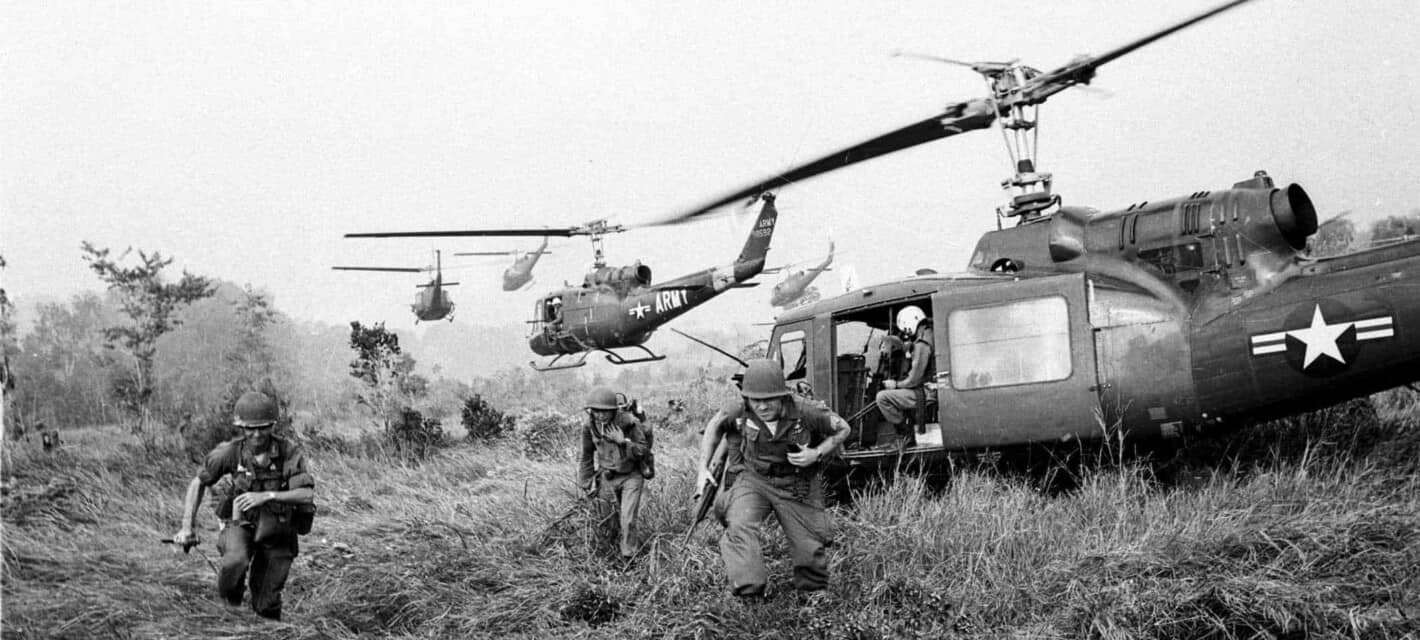Wars are shaped not only by what is done, but also by what is not. Many plans are contemplated that could have been carried out, but for one reason or another, they were not implemented. Sometimes, it is a good thing that a particular plan was shelved. Either because the plan would have failed, or because it would have worked, but in so doing would have produced horrific results. Following are forty things about fascinating military plans that were contemplated, but that were not carried out.
40. The Nazis Wanted to Attack the Big Apple With Rockets Launched From U-boats

Nazi scientists had an alarming tendency to think outside the box and come up with lethal technological innovations. More alarming yet was their ability to quickly transform their sinister brainstorms into practical designs, then rush them through production and get them into the hands of the German military. Fortunately, Hitler’s scientists fell short when it came to WWII’s greatest technological innovation of all: the A-bomb.

That was good news, because the technological innovations that Nazi scientists actually came up with gave Germany’s enemies more than enough to worry about. They included the Vergeltungswaffe (“Vengeance Weapons”), such as the V-1 Flying Bomb, the world’s first cruise missile, and the V-2, the first ballistic missile. They struck fear into the hearts of the civilian populations they were deployed against. Vengeance weapons terrorized and killed thousands of Londoners, and if German military planners had had their way, they would have done the same to New Yorkers.

